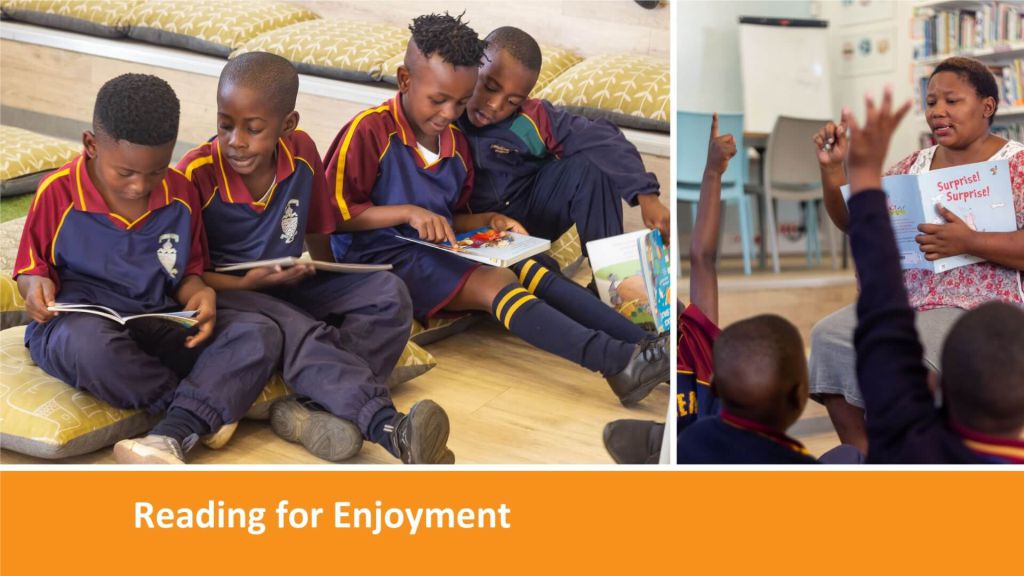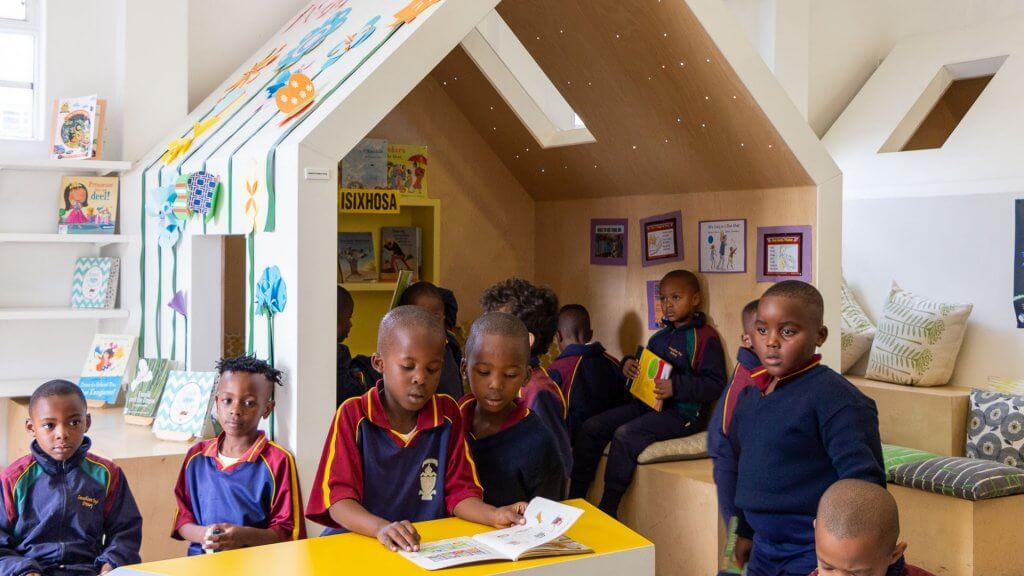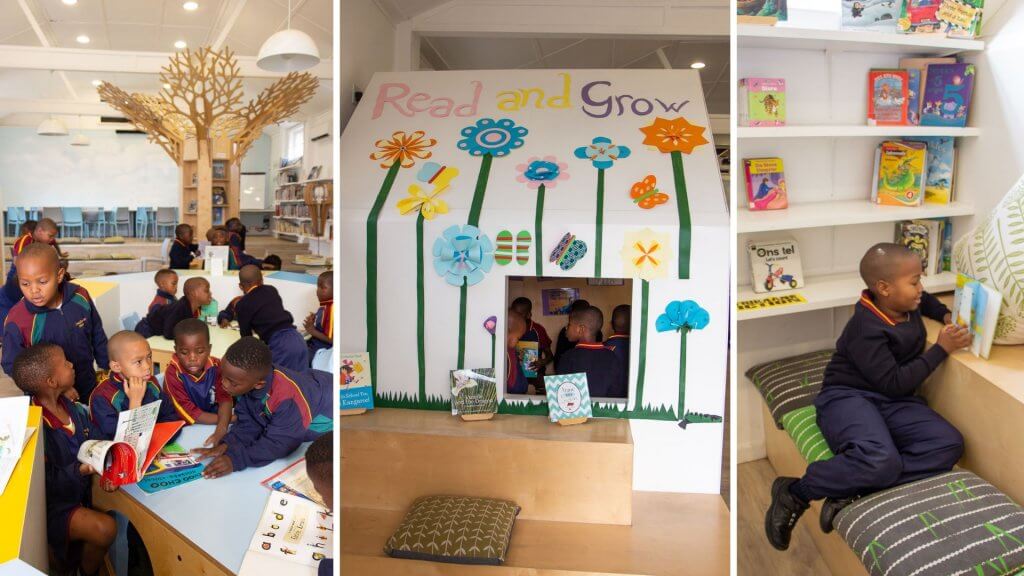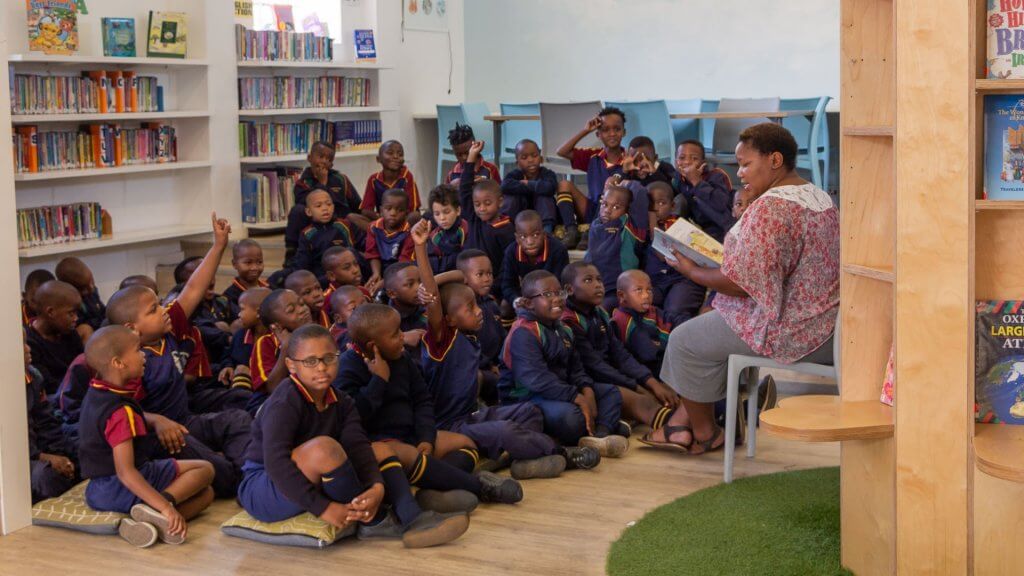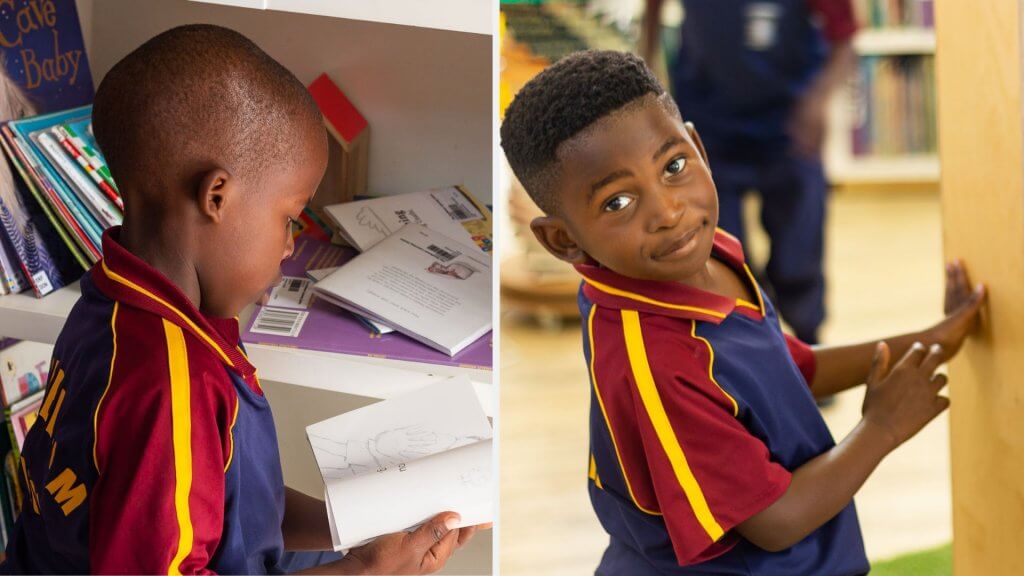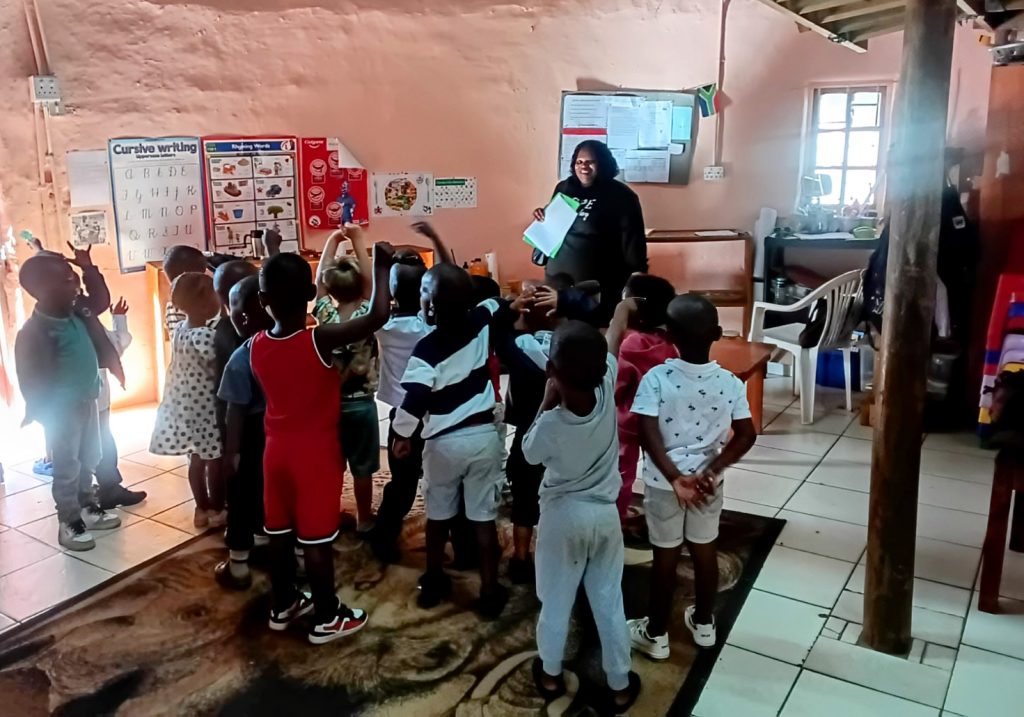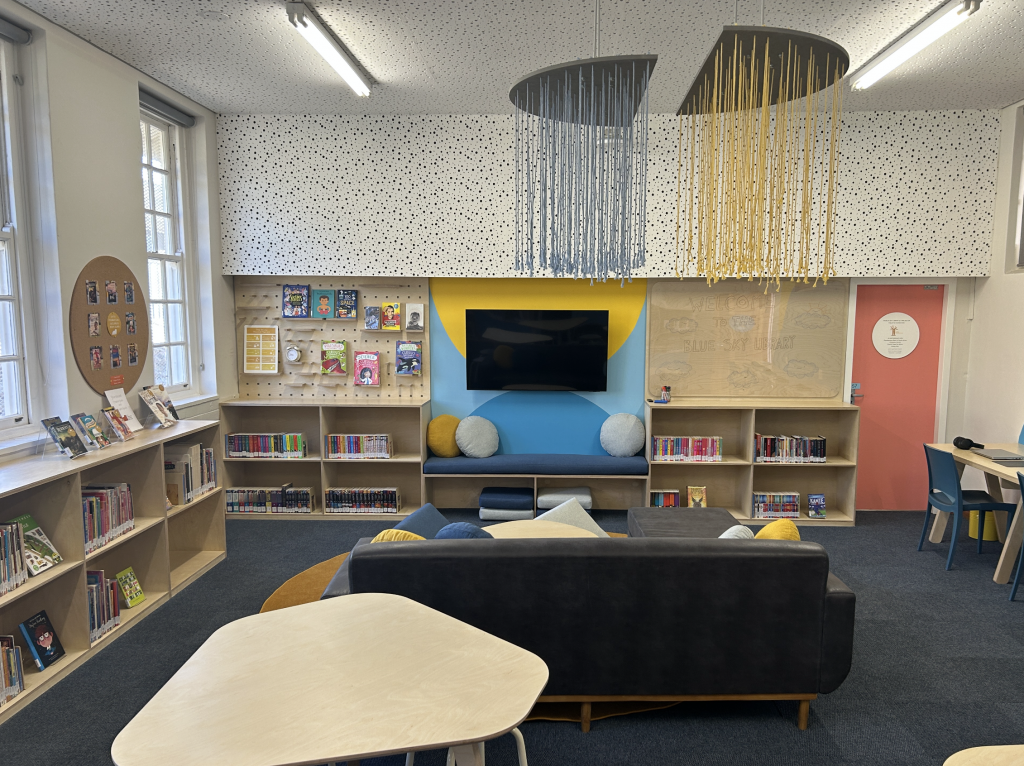Reading For Enjoyment
Reading for enjoyment has been reported as more important for children’s educational success than their family’s socio-economic status1. Everything changes when we read. There is strong evidence linking reading for pleasure and educational outcomes. The benefits of reading for pleasure go beyond academic achievement and stretch throughout a person’s life.
It is with this research in mind that we would like to explain why a library is more than a room with books and essentially why investing in libraries means investing in our learners’ futures.
I have been spending time in The Sunflower Learning Centre, our flagship library, observing classes. The return on investment is sitting in front of me: a learner with his head in a book, another learner excited to check out a new book, or learners eagerly sharing their Mandela Day plans with the librarian.
The Minister of Basic Education’s recently announced plans to bring Swahili and coding into the curriculum. However, it is not Swahili and coding that our basic education needs … not just yet.
We have a crisis in our education system. Can we agree? It has reached epic proportions. If we want what the country so desperately needs: economically participative citizens, we need to start with a re-boot of the basics. The fundamentals. We need to tackle the literacy crisis. President Ramaphosa said as much in his State of the Nation Address.
A Library is More Than a Room Filled with Books
The reality is that first learners need to learn to read, it is a fundamental skill. By Grade 4 learners need to read to learn. This is encouraged through access to varied and stimulating books, curriculum and physical space. Unfortunately, the Western Cape Education Department does not provide school libraries as part of their mandate. This is where private organisations can fill the gap. Libraries are good investments – being both ‘low risk’ and ‘high return’.
Nic Spaull once said, “Just because you have a pool, does not mean you can swim. A Library does not equal ability to read!”. Kids read when they have access and choice to what they can read. They need to see people reading. Parents. Teachers. Caregivers. They need comfortable environments that encourage reading.
Libraries and library programmes should be a safe space; providing the room to read and space to dream. Library programmes should be relevant and tie into classroom learnings but also allow learners the options to explore the world beyond their current textbooks, their daily lives and their existing horizons. They need buy-in and support from the staff, parents and enthusiastic librarians.
A Library Can be the Heart of the School
The Sunflower Learning Centre in Zonnebloem is proving to be a wonderful example of this. It is a multifunctional space where learners and staff spend time, where several South Africa and international authors bring their books alive through the magic of readings and where children come in the early hours of the morning to keep warm.
What a library should be is a place that encourages dreaming about learning and learning to dream; it should be a refuge, it should be a classroom and a home rolled into one. Book by book it should work to help address the literacy issues in this country whilst acting as a springboard for young minds’ potential and bright future.
- OECD [2002]1 in UK Department of Education [2012].
